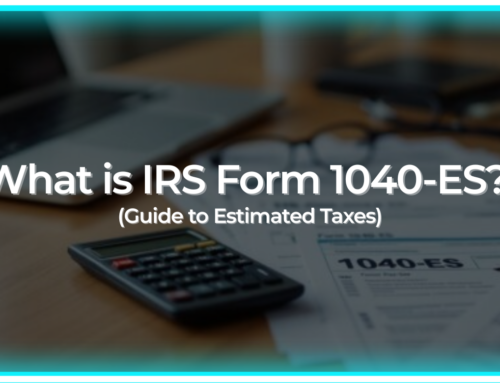Lookout restaurants. As of January 1, 2014, automatic tips for servers will need to be included in payroll. That means reporting tips as wages and paying payroll taxes. That also means more tax expenses to restaurants and servers will need to wait longer to receive those hard-earned dollars. Read more about how tipping laws change. Tips have always been taxable, at least in theory. However, with this change, this may be the first time that we find tips taxed in practice as well.
Gratuities have always resulted in an odd manner of compensation. It is uniquely American for such a large class of people to be relying on an unusual and ill defined method of payment. Tipped jobs have a much lower minimum wage, working on the assumption that the bulk of their compensation will come via gratuities. Because the money was paid by the customer directly to the service employee, it was generally left to the employee to declare that money.
However, as most of restaurant bills are paid via credit card, there is increasingly a paper trail of this compensation, and the IRS has realized that much has gone unreported. However, even with increased reporting requirements, the tip was never considered wages until now.
If the restaurant places the gratuity on the bill, and remits it to the server, it is now seen as wages paid by the restaurant. Instead of relying on the restaurant as passing the money through (and paying at the end of the shift), it now must be paid out via normal payroll. In addition to making service employees wait until their next payday, this income will be subject to withholding and payroll taxes.
Restaurants have historically automatically added gratuities to large parties to protect their servers. However, now that they will be taxed on that money, it remains to be seen if this practice will stop.







